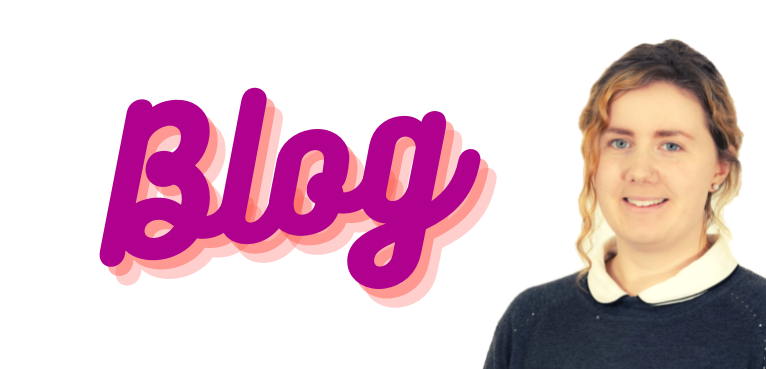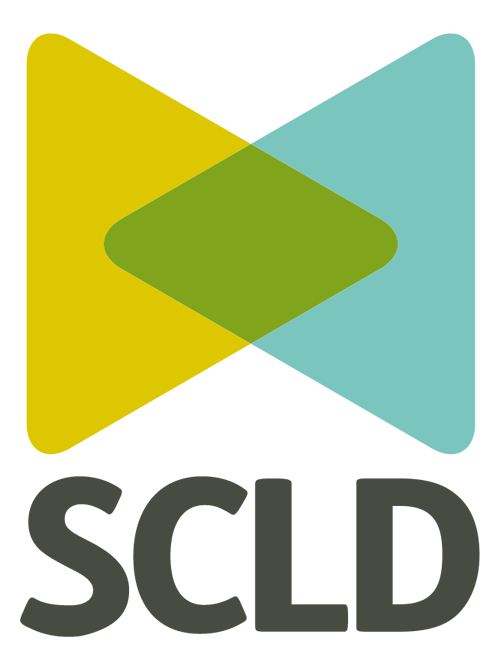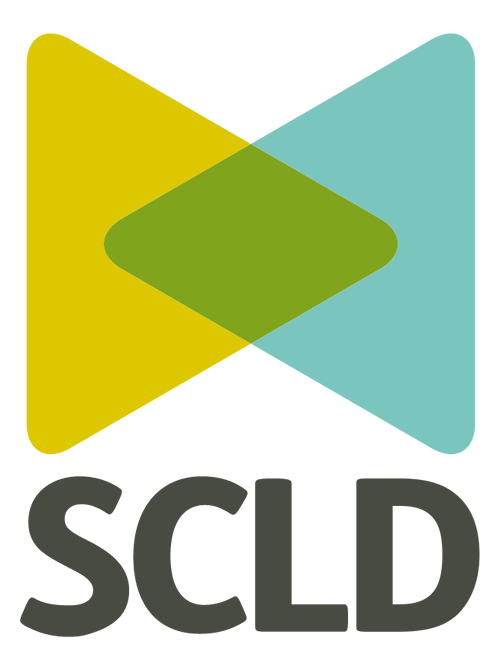
Accessibility matters – for everyone
To mark accessible software company, Recite Me’s first ever awareness week: “What Accessibility Means to Me?”, our Digital Communications Adviser, Libby, writes about what digital accessibility means to the Scottish Commission for People with Learning Disabilities (SCLD).
This week (18th – 22nd October) is Recite Me’s first ever awareness week. The aim of the week has been to highlight the importance of digital accessibility for people with a range of conditions which can make accessing information online more difficult.
This can include things such as dyslexia, sight loss or vision impairment and having a learning disability.
A learning disability starts before adulthood and affects a person’s development. This means that a person with a learning disability will likely need help to understand information and learn skills. Some people with learning disabilities are non-verbal and require support to communicate.
What does accessibility mean to people with a learning disability?
In Scotland’s most recent Census (2011) it was reported that 26,349 people have a learning disability, which is 0.5% of Scotland’s population. However, it is often difficult to diagnose a person as having a learning disability and each person with a learning disability has different needs, meaning that the true figure of people with a learning disability in Scotland is estimated to be higher.
Moreover, both evidence from statistics and people’s lived experiences shared with SCLD, show that people with learning disabilities do not yet enjoy the same life chances as others. Indeed, people with learning disabilities often face barriers in everyday life and, given much of our day-to-day lives are conducted digitally (and more so in the wake of the pandemic) it is crucial that people are not left behind in the digital world. With everything from banking and shopping, to making restaurant reservations or booking cinema tickets now increasingly done online, website accessibility has become as important as providing a wheelchair access ramp to a building – if it isn’t there disabled people simply cannot get in.
The Recite me toolbar
Back in 2018, SCLD came across Recite me, a cloud-based assistive technology toolbar which enables website users to customise your website content in a way that makes it accessible to them. For example, users can change the font on your website, the background colour, making text easier to read, utilise an in-built screen-reader, access your website in a language of their choice and look up definitions of words that they don’t understand. All in one handy toolbar, accessed through a click of a button.
For SCLD, Recite me’s toolbar is one way in which we try to make our digital content accessible, alongside complying with the Web Content Accessibility Guidelines (WCAG) and working closely with our web agency to ensure our content is smooth-running and responsive.
But we are far from perfect – maintaining digital accessibility is an ever-evolving process which must adapt to new developments in a fast-changing world. For SCLD, accessibility is one project which we are happy to know will never be finished, and nor should it.
This year SCLD commissioned Values Into Action Scotland (VIAS) to undertake an accessibility audit of our website in partnership with people with learning disabilities and we are currently in the process of planning an update to the website in view of this report.
New developments
One of the challenges we face at SCLD is how to communicate complex information around legislation and policy to people with learning disabilities in a way in which enables people to understand and, more importantly, contribute their point of view.
This year it was announced that the United Nations Convention on the Rights of Persons with Disabilities (UNCRPD) would be incorporated in Scots Law. People with learning disabilities needed to know how this would affect their daily lives and understand their human rights in this context. However, the language and format of UN conventions is often far from accessible; the bearing it has on the laws of individual member states is even more complex. SCLD asked the question – how do we make this accessible and relevant to people with learning disabilities?
The solution came in the form of ‘Human Rights Town’ — an app created by and for people with learning disabilities to help people recognise and realise their human rights.
The app invites users to travel around a virtual ‘Human Rights Town’ where they encounter different scenarios at each location, such as using public transport or working at the supermarket. Through practical examples, ‘Human Rights Town’ introduces users to several of their human rights under the UNCRPD and asks them to choose whether they believe their rights are being respected or not in each scenario. Users have the option of further explanation at each location. Each scenario has been voiced over by a person with a learning disability who has helped to co-produce the app, alongside SCLD and web design agency, The Publishing Bureau.
“This app will give important information in an accessible way to people with learning disabilities and learning difficulties who often get left behind when new information about our human rights is produced.”
Lindsay, member of the App Development Group
Human Rights Town comes at an important time for people with learning disabilities – in the wake of a Coronavirus pandemic which saw the curtailment of many people’s most basic human rights. It is more important than ever that people can recognise their human rights and feel empowered to speak up when they are not being respected.
Increasingly technology can offer us solutions to overcome the barriers faced by people with learning disabilities in our society – but only if this technology is made with accessibility in mind.
Notes
You can access the Recite me toolbar on the SCLD homepage.
The Human Rights Town app is available to download for free from the Apple App Store and Google Play Store.


